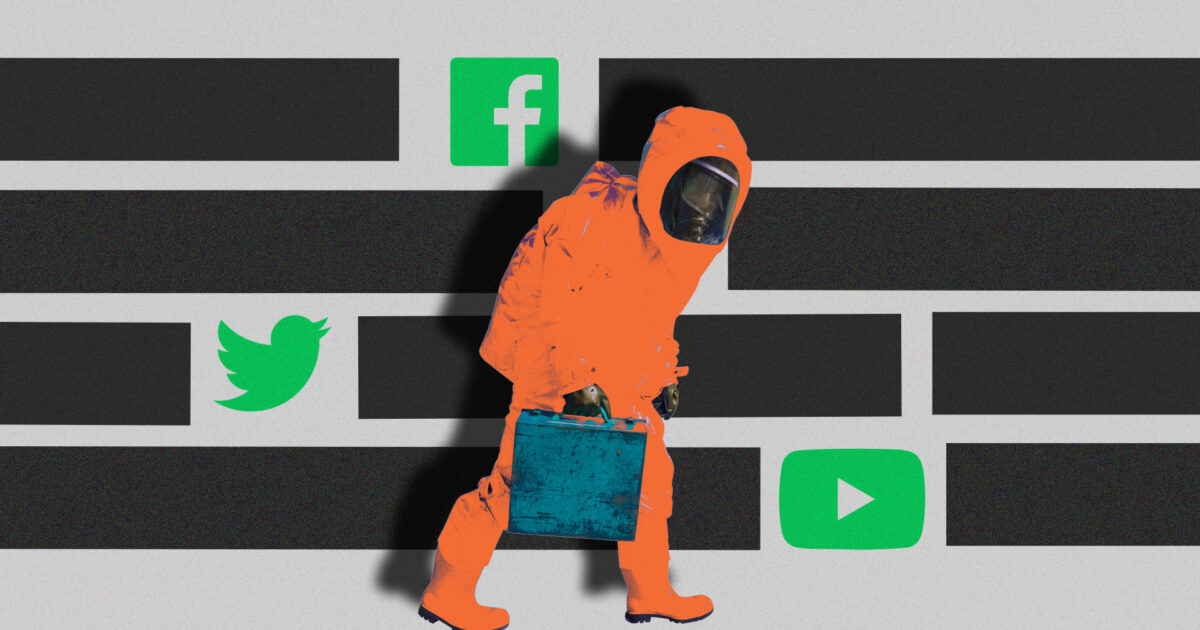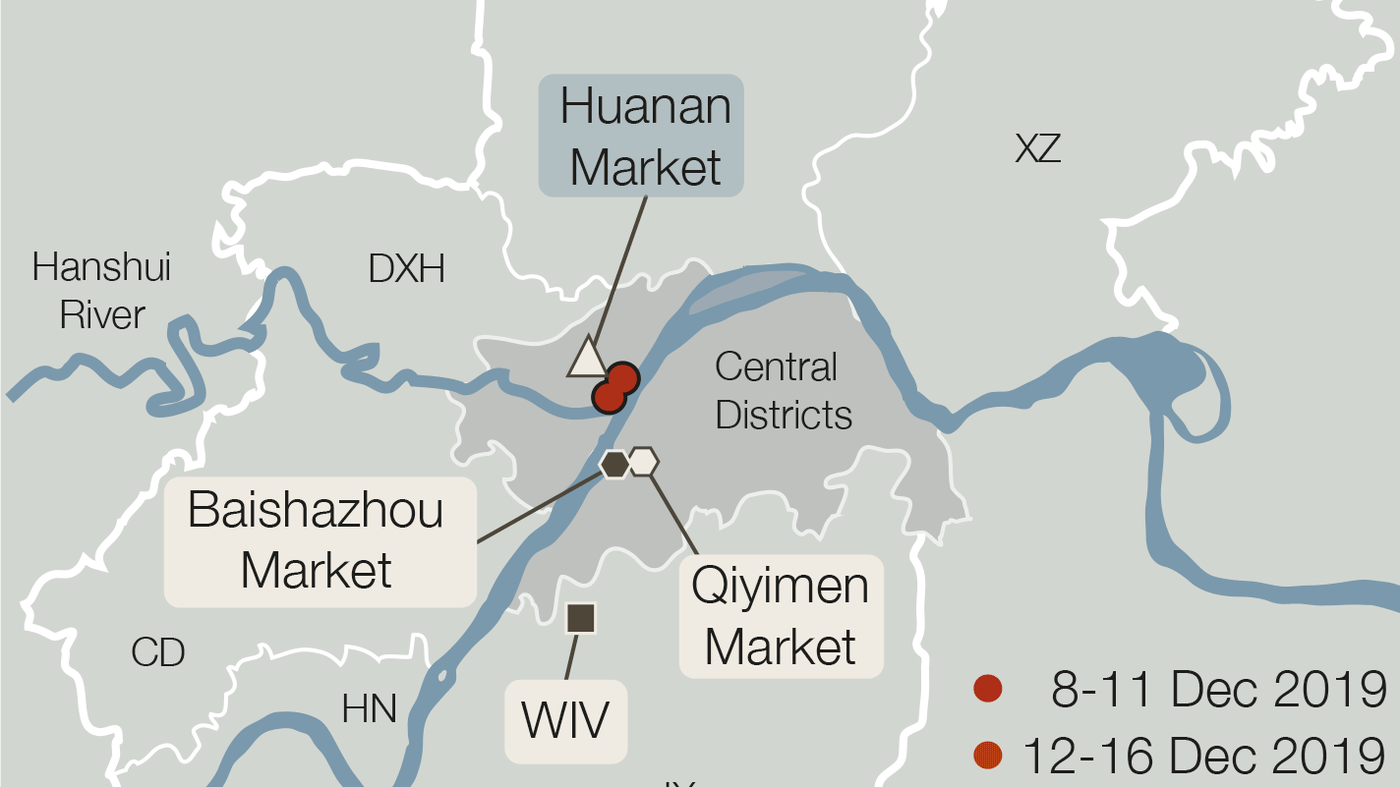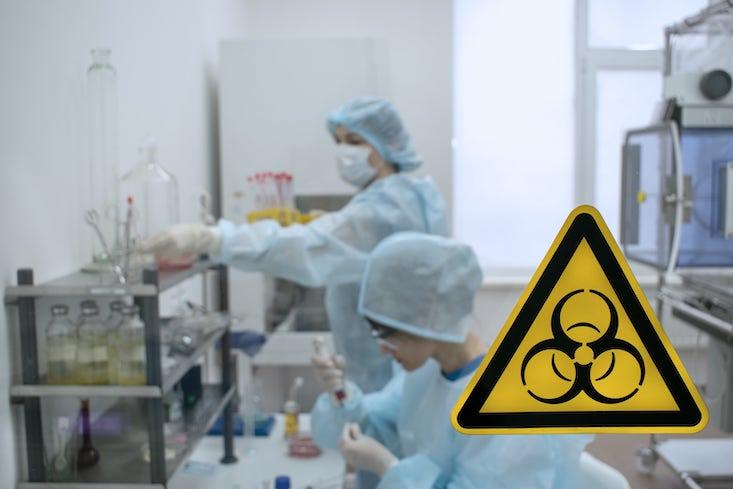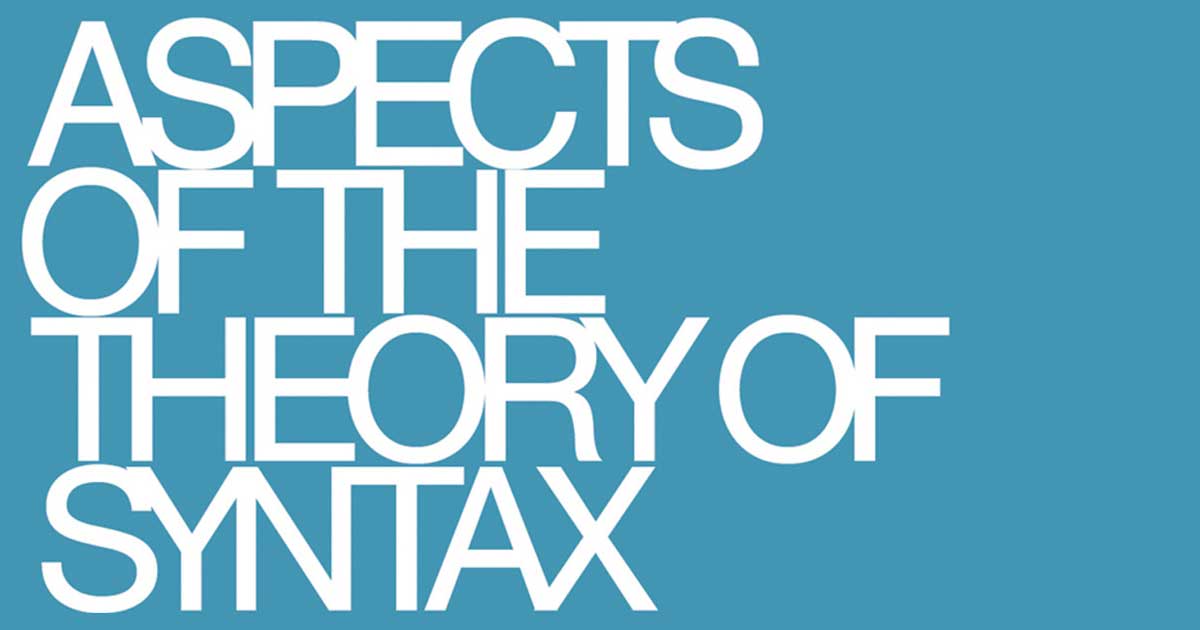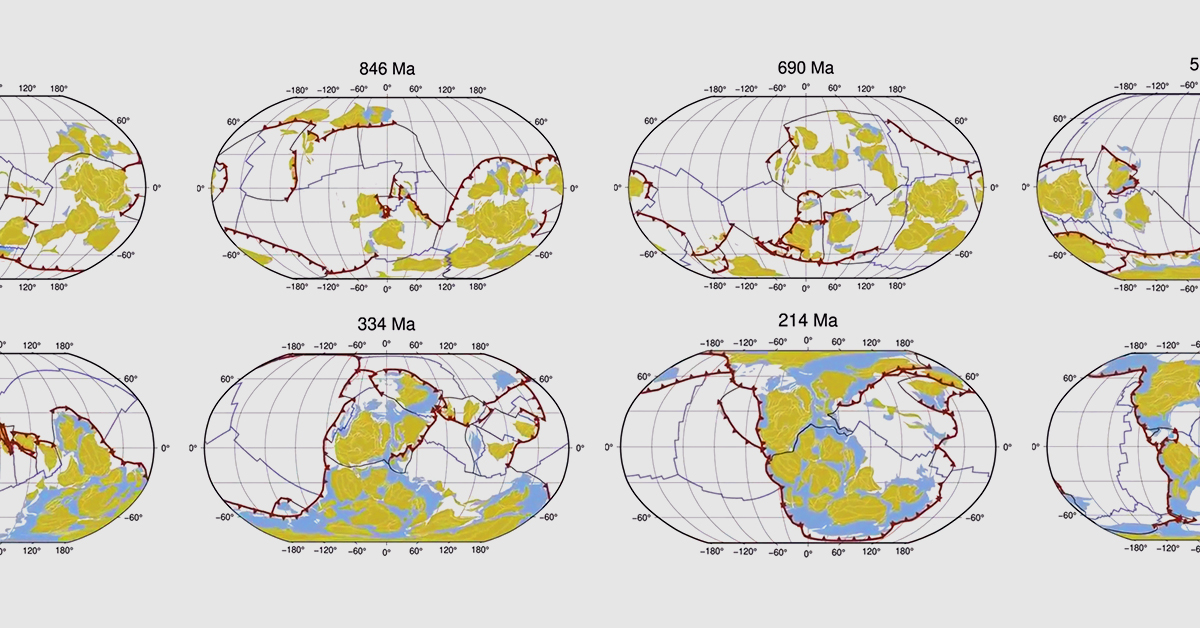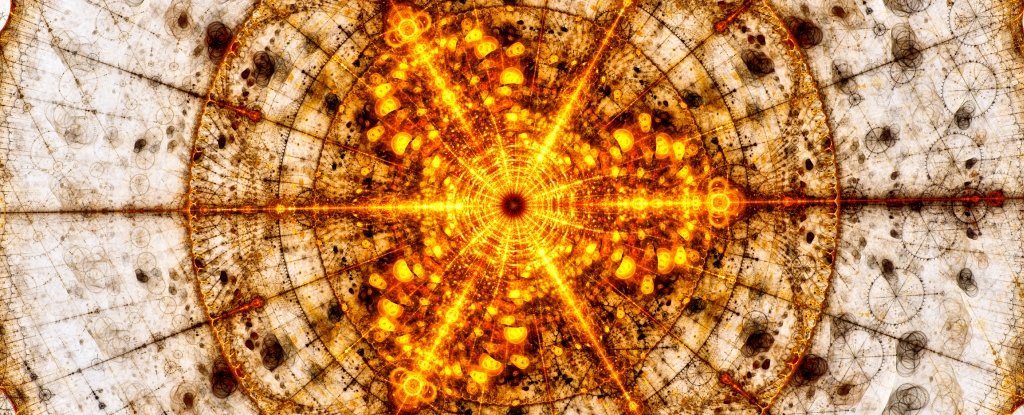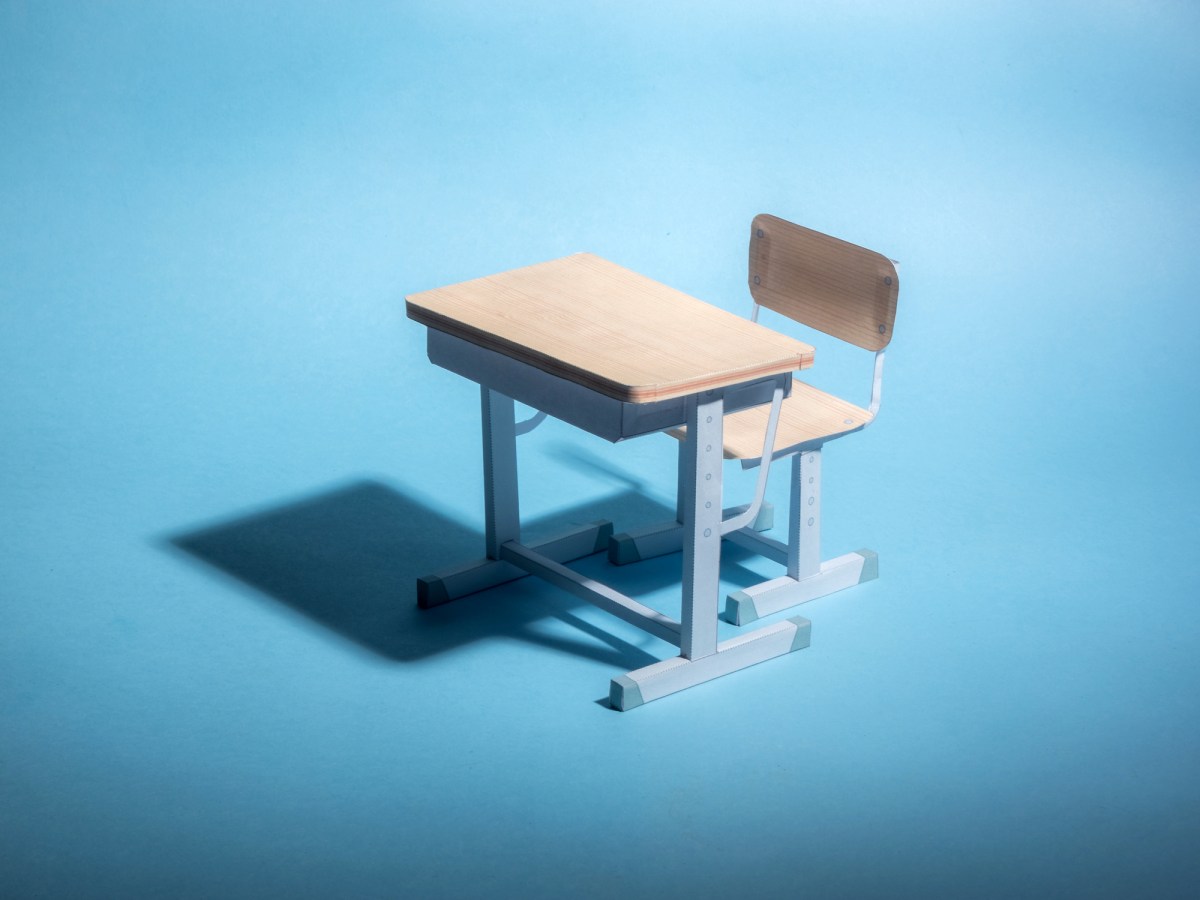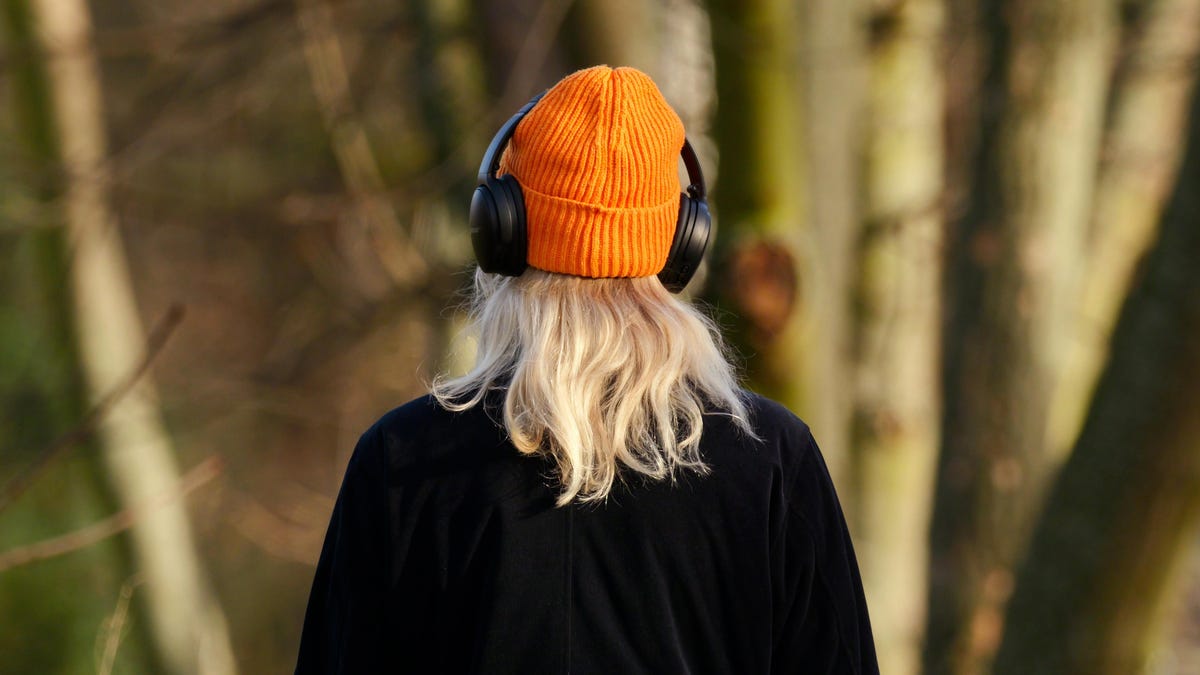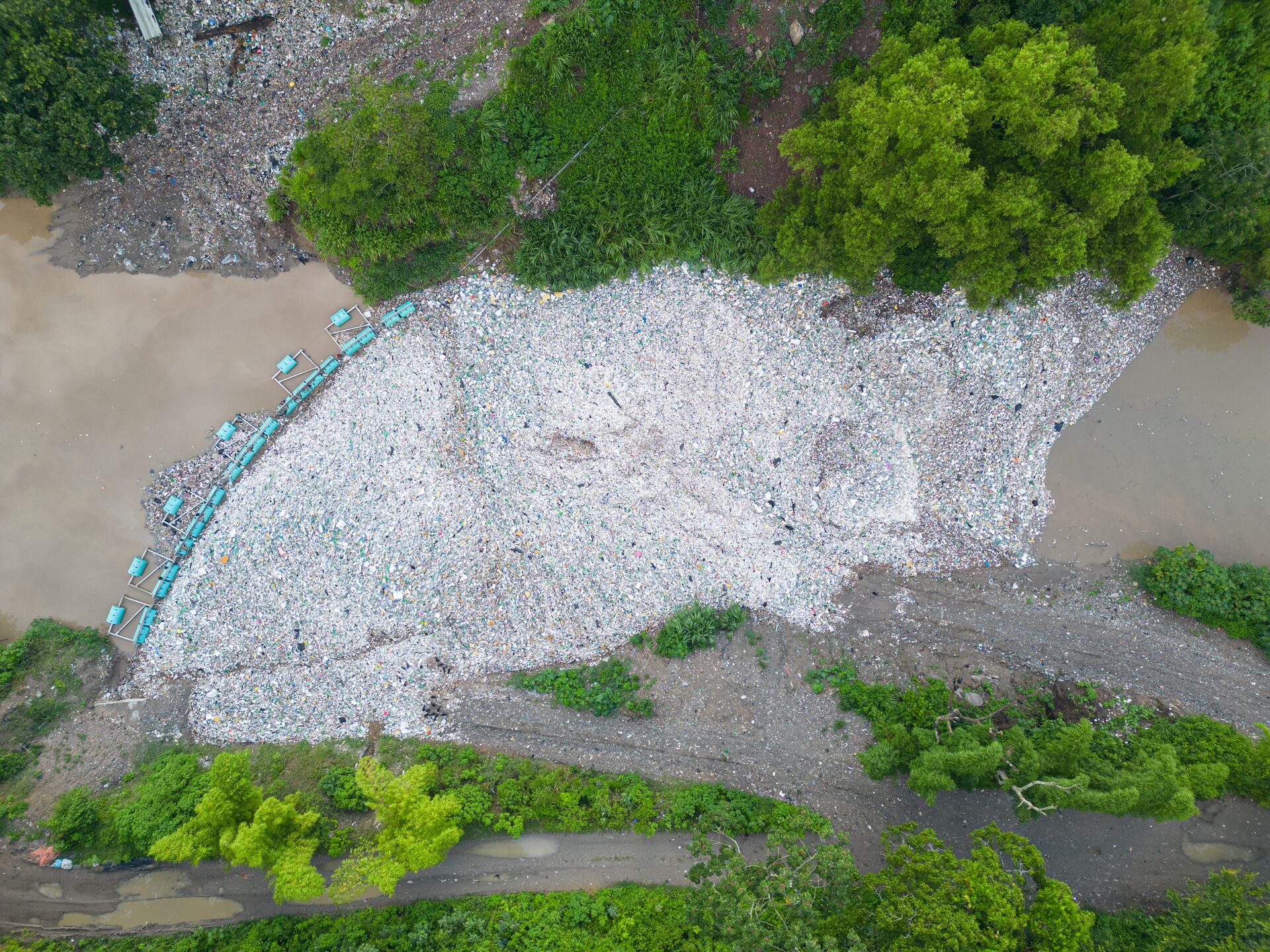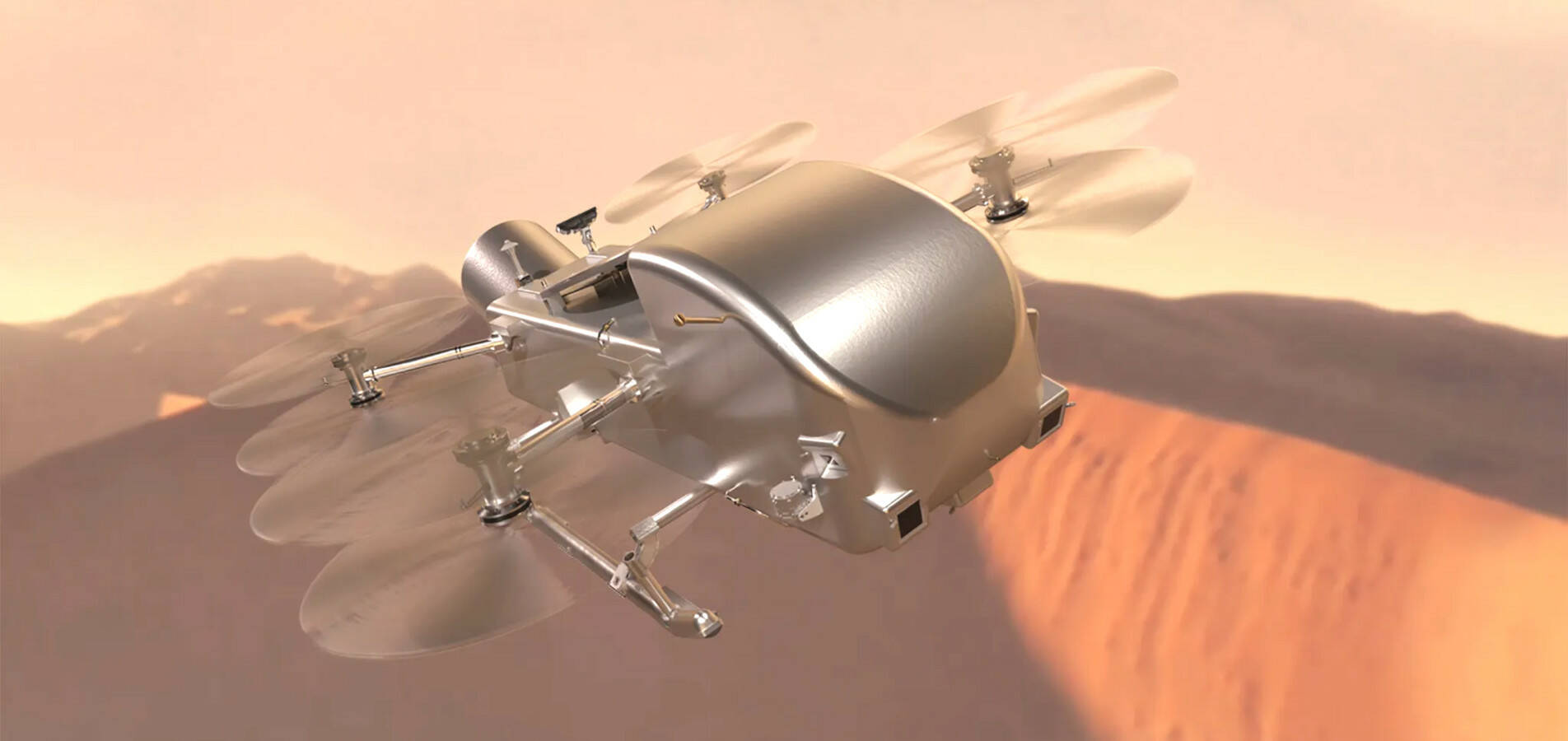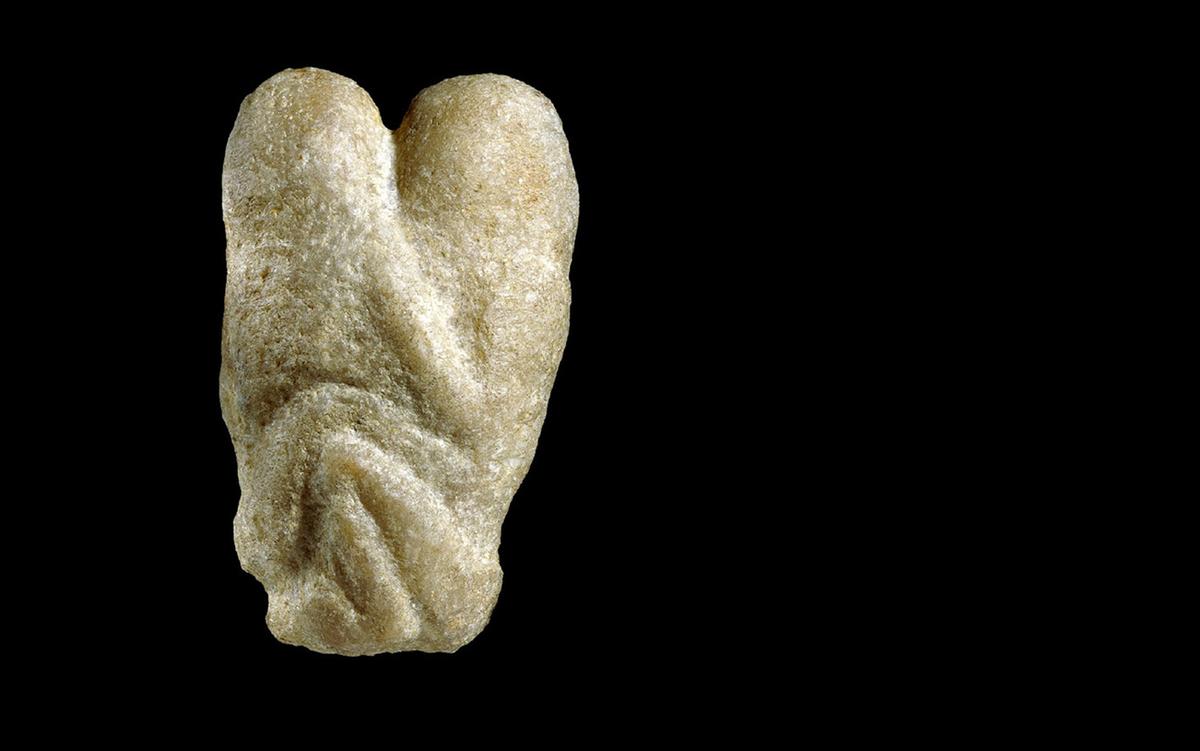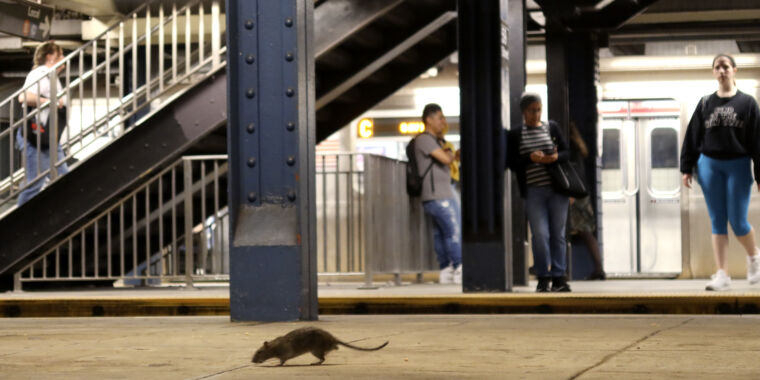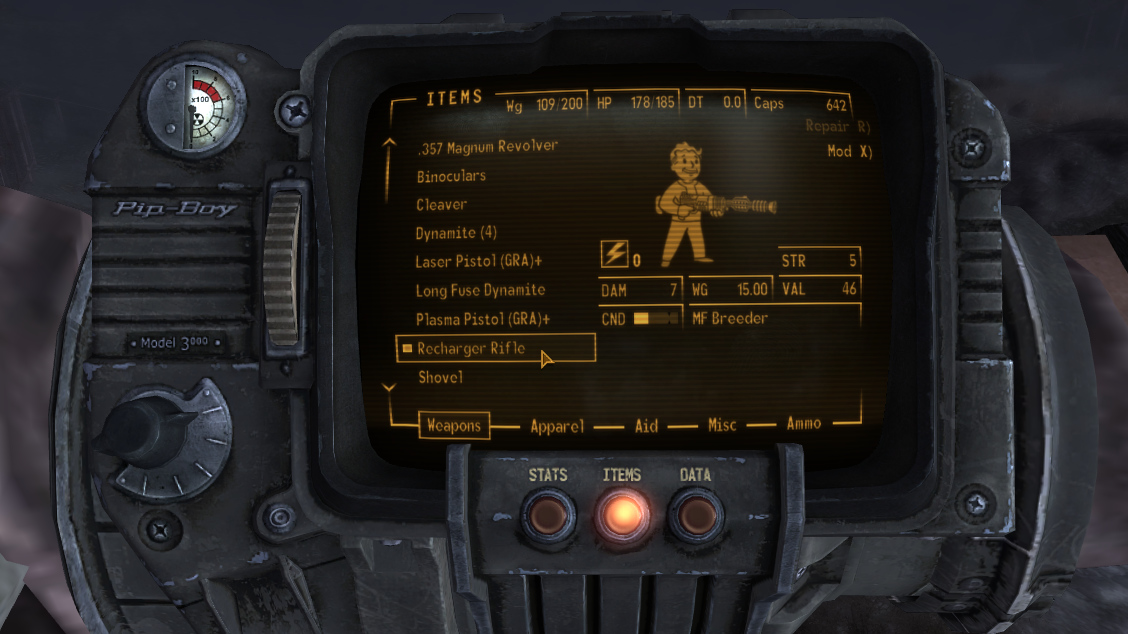
If the Lab-Leak Theory Is Right, What’s Next?
Last summer, Michael Imperiale, a University of Michigan virologist and 10-year member of the National Science Advisory Board for Biosecurity, published an essay on the need to “rethink” some basic research-safety practices in light of the coronavirus pandemic. But he and his co-author—another biosecurity-board veteran—did want to make one thing clear: There was no reason to believe that sloppy or malicious science had had anything to do with the outbreak of the SARS-CoV-2 virus; to suggest otherwise was “more akin to a conspiracy theory than to a scientifically credible hypothesis.”
Nine months later, Imperiale has a somewhat different view. “In my mind, the preponderance of the evidence still points toward a natural origin,” he told me earlier this week. “But that delta between the nature evidence and the lab-escape evidence appears to be shrinking.”
Indeed, the slow sedimentation of doubts about COVID-19’s origin—whether the virus that causes it jumped directly from bats or other wild animals, or made a pit stop on a lab bench in Wuhan, China—has lately turned into a flood. In just the past two weeks, deltas have been in flux not just among the nation’s leading biosafety experts but also among public-health officials, pundits, and journalists at major dailies. The assertion by World Health Organization investigators in February that a lab-leak origin for the pandemic was “extremely unlikely” has since been challenged by the WHO director general, Tedros Ghebreyesus; a May 14 letter to Science magazine, signed by 18 scientists, called for “a proper investigation” and “dispassionate science-based discourse on this difficult but important issue”; David Frum suggested last week in The Atlantic that the Biden administration should “take possession of the truth about the virus”; and the election forecaster Nate Silver declared on Sunday that his estimated likelihood of a laboratory origin had increased by half, to 60 percent. Today, President Joe Biden said that the United States intelligence community still hasn’t decided which hypothesis is likelier, and that he wants to get “closer to a definitive conclusion” by the end of August.
